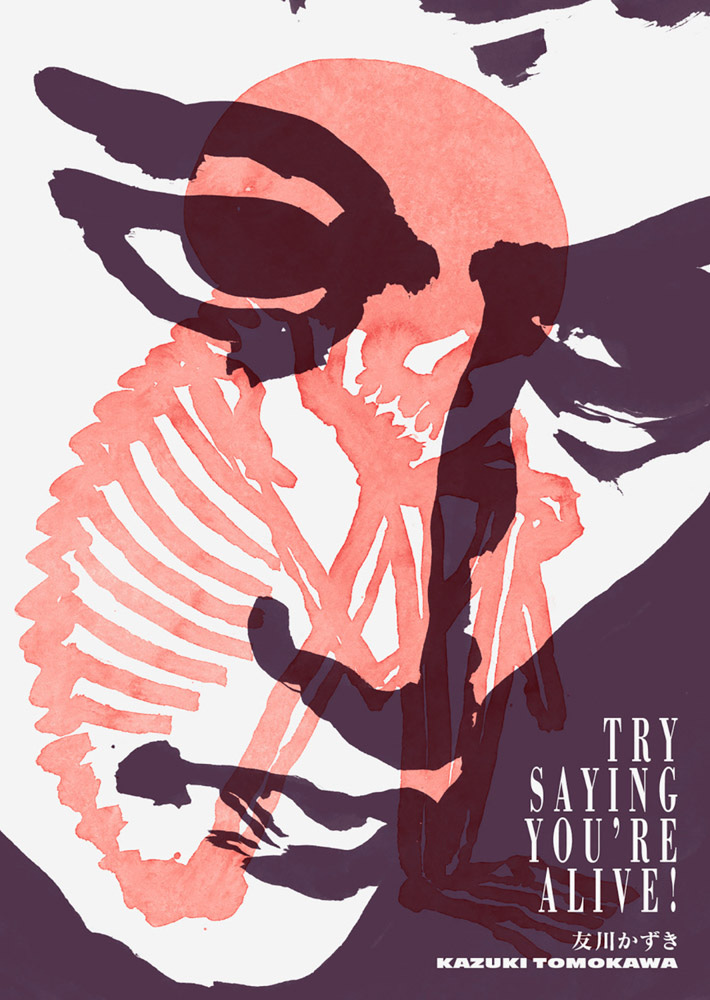One of the types of books I’m attracted to is are memoirs that take place in a specific country or city. Four cities consume my obsession, which is in no particular order: Los Angeles, Manhattan (I like Brooklyn, but…), Paris, and of course, Tokyo. Until a few weeks ago, I had never heard of the singer Kazuki Tomokawa. But if he wrote a memoir about his drinking life in 1970/1980s Tokyo, I’m already a fan just by his interest in the urban life of that neon with some amount of shadows world. Tomokawa doesn’t disappoint this reader.
For over thirty years, I have been going back and forth to Tokyo, and it’s a place where I feel very much at home. It’s very much an insider’s club, and as an outsider, I’m very comfortable in that landscape. To wander around each district in that metropolis is eye-opening and works well as a unit. The transportation system works very well in Tokyo, and lurking in each city area is a pleasurable experience. Tomokawa captures the pleasures of such a world, which, if I were alone, would be impossible for me to participate in that water world.
Tomokawa is very much a singer/songwriter who conveyed aspects of the Japanese underground, primarily focusing on the Shinjuku drinking life and the student activity during those years. The book doesn’t speak or write in a beginning, middle, and end narrative, but more of a reflective look at its past, but still has a strong sense of being in the present. Tomokawa is not someone who dwells in nostalgia because the life he had lived still exists in modern 21st century Tokyo life. Structures come and go, but the bar scene is very unchangeable. Also not changed is keirin, a bicycle race where one can gamble, and Tomokawa is a big fan of that world.
Try Saying You’re Alive! is very much like having numerous glasses of sake and listening to a fascinating person speak about his life among the people. There is no showbiz gossip, nor is there anything about art, but it mainly focuses on the nature of being a citizen of Tokyo and enjoying all its pleasures. Which, of course, becomes an entranceway to his songs and art.
The translator Daniel Jospeh does an excellent job capturing Tomokawa’s voice/writing, and his brief endnotes are educational and valuable at the end of the book. He translated Izumi Suzuki’s superb book of short stories Terminal Boredom (Verso), in a historical manner that can fit in with Tomokawa’s world. And Damon Krukowski wrote a beautiful introduction to the book, which explains how a foreigner would feel if coming upon Tomokawa in his home territory.
One can purchase the book at your favorite local bookstore, or you can get it here: ARTBOOK
Here is his music on YouTube: Kazuki Tomokawa
The publisher, Blank Forms Editions, who is also reissuing Tomokawa’s albums:




